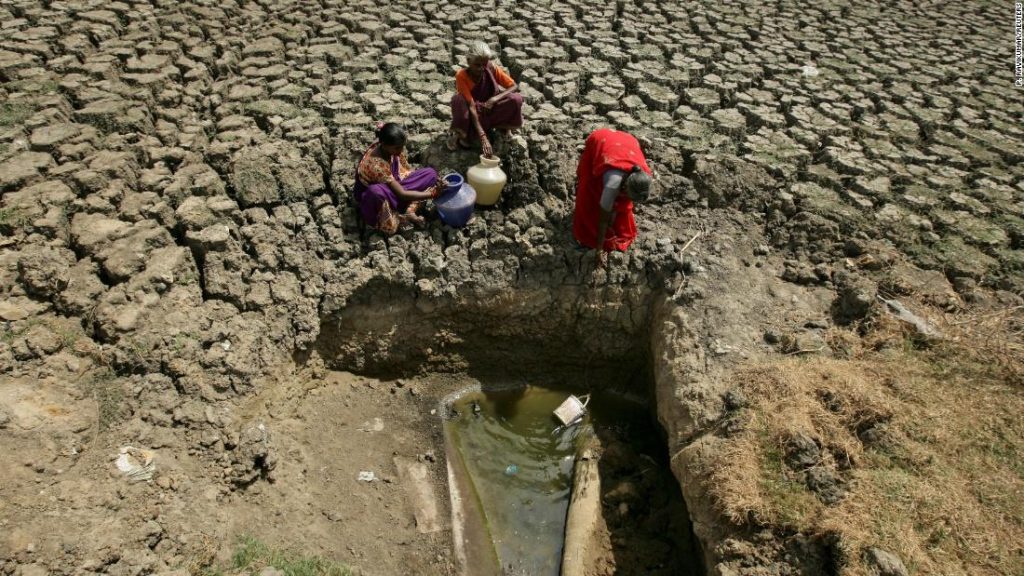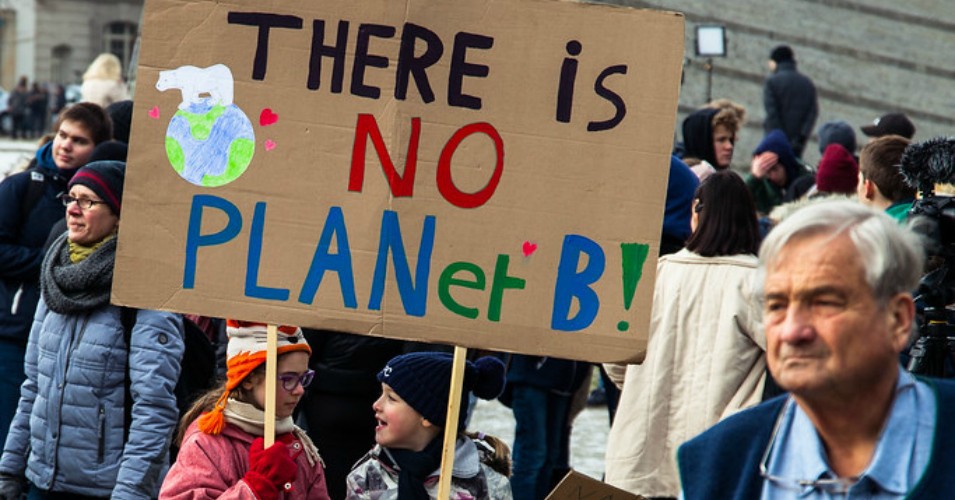
Climate change truly is a global phenomenon whose ripple effects remain invisible to even the most well-read and educated. Part of the challenge is in understanding how an activity as simple as burning coal to generate electricity in India can have ramifications for the icecaps and glaciers in the Arctic. The human mind simply cannot fathom these far-reaching implications. We also tend to see only the first-order effects-or the immediate result-of any action. First-order effects are simple and visible links between a cause and its effect. A 21-day lockdown for instance (cause) will slow down the virus is a first-order effect. But in complex situations (like a pandemic, financial upheaval, or climate change), second and third-order effects are much more important which unfold later. But we are not trained to visualize them. This is precisely why humans remain optimistic that even after the Earth’s surface temperature rises and ice caps melt at an alarming rate, there will be a panacea to this problem. We may not be considering second and third-order (negative) effects this time because of how we think naturally.
The question then arises: where do we go from here? While individual efforts can help mitigate climate change and its environmental impacts, collective efforts remain the key to truly controlling the problem. The urgency of this global situation demands a global solution and emphasizes the fact that it simply cannot be regulated by one government alone. Curbing our air travel, walking, using sustainable products, etc. are noble acts but influencing members of our communities and starting conversations remains a critical aspect. As trite as it sounds, creating awareness is of paramount importance especially where world views about climate change being a hoax abound. Before spreading the message, however, an important distinction is to be understood. Very often people conflate environmental sustainability with climate change. While there is an overlap in terms of measures taken, key differences remain. In climate change literature, these common outcomes are called “co-benefits”. Simply put, a policy to introduce more buses and shut coal power plants and move to cleaner energy reduces air pollution (improving the environment) and helps climate change. Co-benefits include cleaner air, the creation of green jobs, improved public health from active travel, and can support biodiversity due to the expansion of green space. One way in which environmental sustainability and climate change are different in the way they are understood by the public. Environmental sustainability refers directly to human actions that are easily classified as sustainable or unsustainable. However, scientists have difficulty proving how much of climate change is attributed to human behavior and bringing studies to the layman’s level of understanding.
Keeping these differences and similarities in mind, our approach of constant engagement and dialogue needs to take a more focused approach. By deeply internalizing questions of inequality, we can recognize our position of privilege. Privilege not only in terms of wealth, income, caste, or gender but the privilege of polluting far more than the marginalized and not face the consequences of those actions. This chasm of inequality was evident during the forced migration but remains invisible when it comes to climate change. According to a new report by the UN Environment Program (UNEP), the wealthiest 1% account for more than twice the carbon emissions of the poorest 50%. To slow the rise in global temperatures, the top 10% of earners must cut their carbon emissions to a tenth of their current levels. Clearly, the over-consumption of a wealthy minority that bears no responsibility is fueling the climate crisis for which the poor communities and young people pay the price. Kicking the can further down the road is not an option. The buck stops with our generation. Greta Thunberg’s “School Strike for Climate Change” which spread like wildfire is a testament to the gravity of the problem.
In my conversation with Mr. Nagraj Adve, an advocate for climate change, he highlighted some of the lessons learned along the way. Drawing from some of them, we can learn to be patient with the process and never give up despite pushback from family members. Restricting our consumption to need-based as opposed to want-based can go a long way in reducing our carbon footprint. Gadgets and travel have been glamorized by social media and conveniently ignores the massive contribution to our carbon footprint. Being mindful of these activities while also adopting renewable energy like solar wherever possible is a good starting point.
In a country like India, where a lot of development is yet to be realized in terms of infrastructure, public transport, last mile connectivity and power plants, etc., actions against climate change will be a slow process. It is easy to lose hope and be dismissive of any positive measures, but we must focus on the positives. A decade ago, China had one of the highest number of cities featured in the world’s most polluted cities while today Indian cities dominate that list. We can take heart from the fact that China was able to take corrective action and remedy itself from an irreversible situation.
In conclusion, I firmly believe we must rid ourselves of the delusion that everything will work out in the end. There is no silver bullet. There is no magic pill. We must endure and strive for the sake of our planet and for the sake of humanity. Humans do have certain ethical obligations toward the environment and other living beings. Wasteful use of natural resources deprives future generations of those resources. Biocentrism espouses that humans are one species among many in this ecosystem and that the natural environment has some intrinsic value independent of its ability to be exploited by humans. Flora and fauna can have an aesthetic appreciation and not necessarily have to be viewed as a resource.
Tanay Shah is a PGP 2 Student at IIM Ahmedabad
SIGN UP FOR COUNTERCURRENTS DAILY NEWSLETTER















































